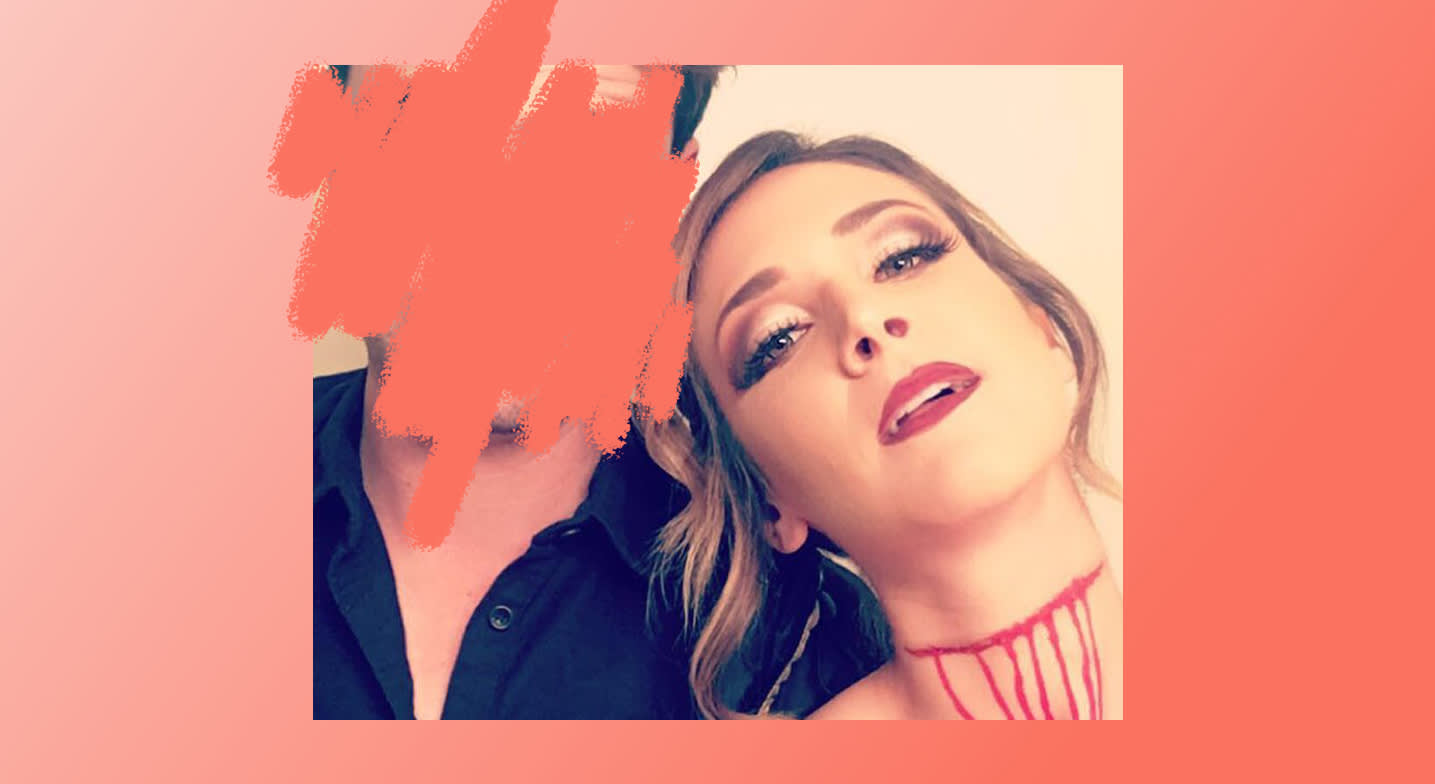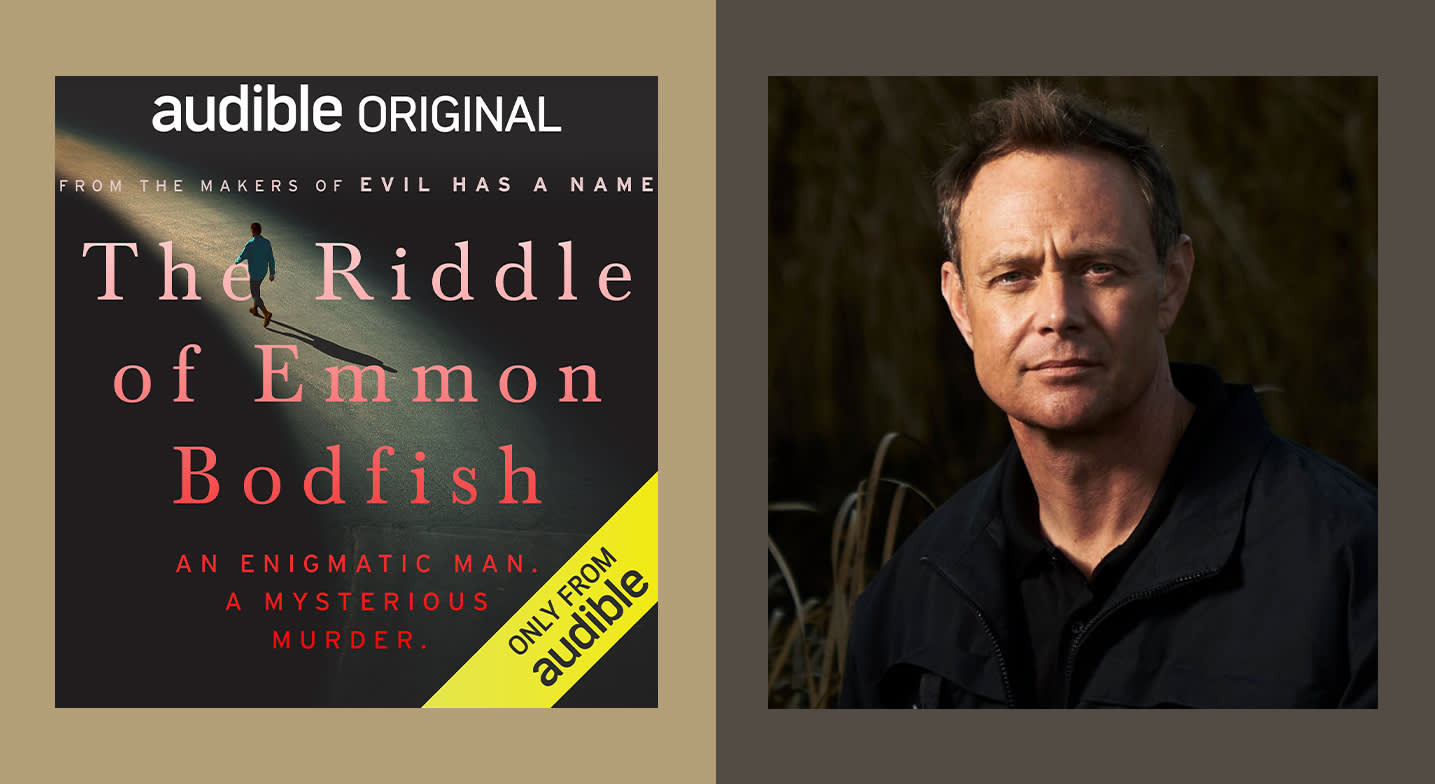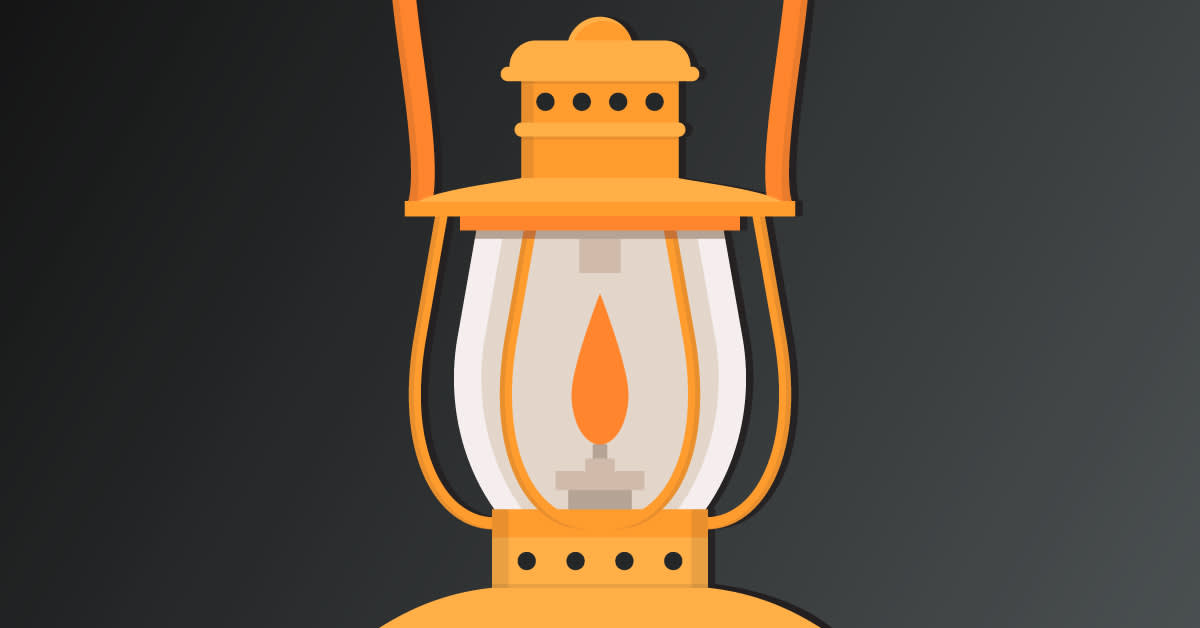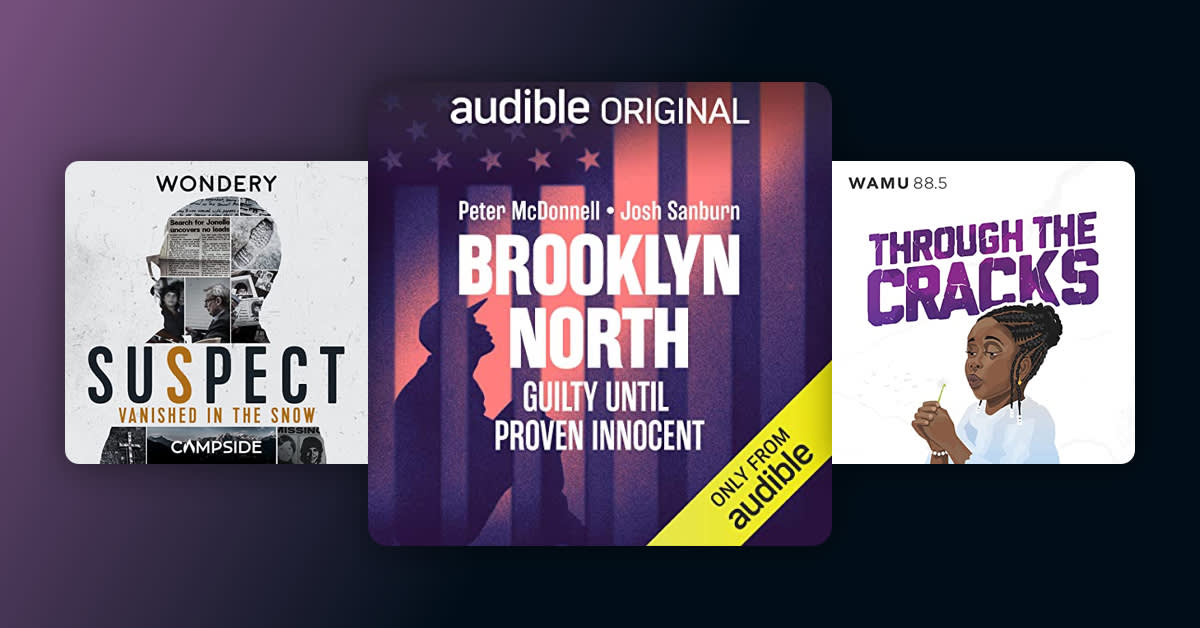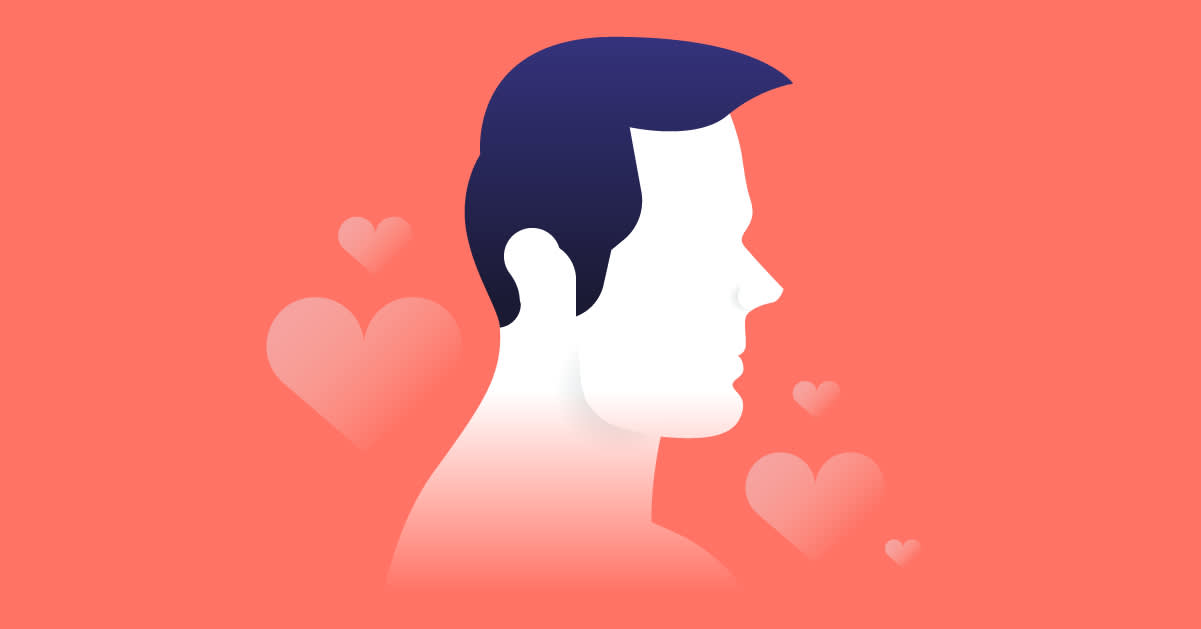You never forget your first ... true crime documentary. Mine was Confessions with a Killer: The Ted Bundy Tapes (basic, I know), the Netflix doc based on Stephen G Michaud and Hugh Aynesworth’s chilling book.
It was 2019. I was 31 and had just broken up with the man I thought I was going to marry. The man (or rather man-child) for whom I’d uprooted my life and dreams in Los Angeles to support his life and dreams in New York City.
This breakup sent me back to my childhood bedroom, a 2005 time capsule in my parents’ home in Connecticut (before the pandemic and TikTok made this setup cool), where I curled up in my too-small bed with my warm laptop as I Netflixed-and-anything-but-chilled. With each haunting episode of the series, my dark sense of humor found the silver lining: Well, at least you got out. It could’ve been so much worse.
Not that my ex was a serial killer (to my knowledge). But he was a serial gaslighter, love bomber, manipulator, cheater, and emotional abuser. At least, that’s what the two girls who had dated him before me confirmed over a Twitter group chat after I’d announced our breakup on Instagram (as you do). “We could’ve warned you, but you blocked us,” one said. And she was right. I did block them. Probably because deep down, like that Taylor Swift song, I knew he was trouble when he walked in. But I was too bombarded by “love” to see it.
Also, dating guys who weren’t good for me was kind of my pattern. Before I met my husband, my type was “He’s great, but…” The older I got, the more I convinced
myself I’d have to settle for the caveats. But after working on myself, and actually raising my standards, I’m pleased to report that isn’t true. My husband is a wonderful man, and while he has his flaws like the rest of us, he didn’t come with a bundle of red flags I tried to ignore, and the upgrade to a healthy, whole relationship has made me a convert. I know this with certainty: You deserve a “They’re great. PERIOD.” But you’ll never find that person if you keep wasting your time with the “great, but…” variety.
If any of my ramblings sound remotely familiar, I’m hoping my experiences—and the many more shared in my podcast, the only semi-facetiously titled Am I Dating a Serial Killer?—can help. Perhaps what I’ve learned can help you avoid uprooting your life for the wrong person too. Here’s what my truly toxic relationships have taught me about love.
It’s Not Love, It’s Love Bombing
Love bombing is such a mindf--k. There’s a good chance you can’t tell the difference between love and love bombing at first. (Thank you, Disney, The Bachelor,
and basically every rom-com ever).
Take my last ex (please! Actually don’t, unless he’s worked on himself). Our relationship started out like the first act of a romantic comedy. In our first week of dating, we already had a shared note on our phones so we could keep an ongoing list of things we wanted to do together, like binge the worst TV shows of all time, meet each other's parents, and pose in photo booths holding up Sharpie signs with lyrics, quotes, and messages. By week two, we had a shared Spotify playlist curated with tracks that expressed our budding feelings for each other. By week three, he had given me his Taylor Swift 1989 concert T-shirt, which had shrunk in the wash and now “looked cuter” on me.
But the more we dated, the more these grand gestures were coupled with disappearances, indifference, and one-word responses. Like on week 72, when he surprised me with an omakase sushi dinner and tickets to Billy Joel’s 100th show at Madison Square Garden for my 31st birthday. And then, he barely spoke to me or even came home the following week (yes, we were living together). I spent most of that week wondering what I did wrong. What did I do to make him go from wanting to celebrate my life in the most over-the-top way to ignoring my existence?
Nothing.
And that’s the dirty trick of love bombing. It’s hard to rewire your brain to understand that, sometimes, the people making the most romantic, over-the-top expressions of “love” you’ve ever experienced aren’t actually doing them because they love you. They’re love bombing you because they want to manipulate you into thinking this is the best you’ll ever get, and you don’t deserve better.
Well, I’m here to tell you that’s not true. And the next time you find yourself thinking “what did I do to deserve this?” I want you to scratch that and remember: You deserve better. Even if the transition to better is messy, lonely, uncomfortable, and filled with binging true crime documentaries in your childhood bedroom—in the long run, it will be worth it. I promise.
You’re Not Crazy: It’s Gaslighting
I wish they taught us about gaslighting in sex-ed. Named after the iconic 1944 film, gaslighting essentially makes you question your own reality. When someone gaslights you, they deliberately present a false narrative that leads you to doubt your own perceptions, which can make you disoriented, misled, or distressed.
My first toxic boyfriend lied to me about having a brain tumor—which now I recognize as gaslighting. This was in college, so when he said, “I have a brain tumor; we should take a break so I can get better,” I had no idea that really meant, “I’m still with my ex, and I need a break because juggling two women is making my head explode and convincing me I have a brain tumor.”
I wish I could tell you that was the last time I ever saw… let's call him “Tum-y.” But no, he became the guy I always went back to. Which brings me to the next thing my long list of toxic lovers taught me:
The One You Always Go Back to Is Probably Not “The One”
According to a TikTok I saw with Matthew Hussy, the person you always go back to is “dangerous.” Because “the most dangerous guy is not the one who disappears. It’s the guy who reappears and disappears and reappears. Cause that guy will waste your life.”
I don’t think Tum-y wasted my life per se. I do think I probably spent too long believing we would end up together instead of accepting what we really were: not meant to be. I wouldn’t have met or connected with my husband if I was still holding onto the fantasy that the guy I always went back to would someday choose me and be my person, like Big eventually chose Carrie (and we now know how great that turned out!).
When You Find “The One,” It Just Works
You and your partner should make each other's lives easier, not more complicated. Especially in the early stages of dating. Sure, life is going to throw all sorts of obstacles at you, but those obstacles should not be thrown at you by someone you call your person. A partner is less a necessity than a luxury—or as Cher once said, “I adore dessert, I love men! I think men are the coolest. But you don’t really need them to live.” Remember: You’re the full meal, baby!
In other words, your love life should not consume your life. It should be an added bonus. Stressing over what to text back or what “k” really means isn’t worth it. Because with the right person, it should be so abundantly clear that they’re into you. That’s how it was when I met my husband. It just worked.
Hearing Other People’s Stories Can Help You Recognize Red Flags in Your Own Relationship
While I had a pretty toxic love life before I met my husband, I also saw that it can get so much worse the longer you stay in an abusive relationship. On my new podcast, Am I Dating A Serial Killer? with XG Productions, I speak with 10 brave, strong, and incredible people who tell me their unbelievably true dating stories that we can all learn from—with the help of certified experts in forensics, psychology, and criminal profiling, including forensic neuropsychologist Dr. Judy Ho, former FBI Special Agent Maureen O'Connell, and former FBI profilers Jim Clemente and Jana Monroe.
If any of these episodes can help even one person get out of a toxic relationship, then we’ve done our job. And if the podcast shifts a little of the attention off of serial killers and onto more widespread, everyday harm, I’ll take that too. Because while you’ll likely never meet a Ted Bundy, you might just run across a Tum-y of your own.
